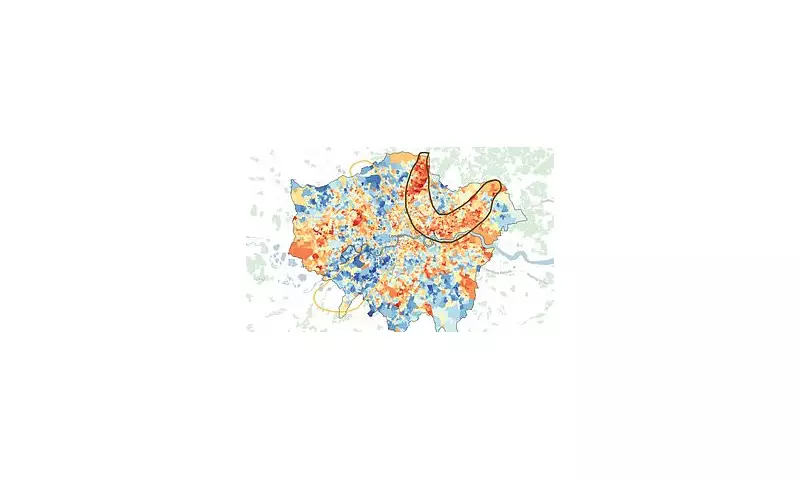
In one of the most bizarre statistical anomalies to hit the United Kingdom, a single overpriced banana in Central London has been revealed as the culprit behind massively distorted national economic data.
The £7 Banana That Skewed National Statistics
Exclusive analysis has uncovered that a rogue piece of fruit, sold for an astonishing £7 in a London convenience store, single-handedly distorted the Office for National Statistics' inflation and consumer spending figures for months. The astronomical price tag, believed to be either an error or extreme outlier, was nevertheless incorporated into official datasets.
How One Piece of Fruit Fooled the System
The flawed data collection methodology failed to identify this extreme outlier, treating the £7 banana as representative of typical consumer spending. This resulted in:
- Artificially inflated fruit price averages across London and beyond
- Skewed inflation calculations affecting economic policy decisions
- Misleading consumer spending patterns that could impact business investments
- Questionable accuracy of official economic indicators
Experts Sound Alarm Over Data Integrity
Statistical experts and economists have expressed serious concerns about the incident. "This isn't just about an overpriced banana," explains Dr. Evelyn Reed, data analysis professor at LSE. "It exposes fundamental flaws in how we collect and process economic data. When a single outlier can distort national statistics, we must question the entire system's reliability."
Broader Implications for Policy and Trust
The revelation raises urgent questions about the integrity of official statistics used to shape government policy, business strategy, and public understanding of the economy. The incident particularly affects:
- Economic policymaking based on potentially flawed inflation data
- Business investment decisions influenced by inaccurate consumer spending patterns
- Public trust in official statistics and government reporting
- International comparisons of economic performance
Calls for Systematic Reform
Statistical authorities now face mounting pressure to implement robust outlier detection systems and review data collection methodologies. The incident has sparked debate about whether automated systems should flag extreme values for human verification before inclusion in national statistics.
As investigations continue, this extraordinary case of statistical distortion serves as a cautionary tale about the hidden vulnerabilities in our data-driven world, where even something as simple as a piece of fruit can ripple through the entire economic reporting system.





